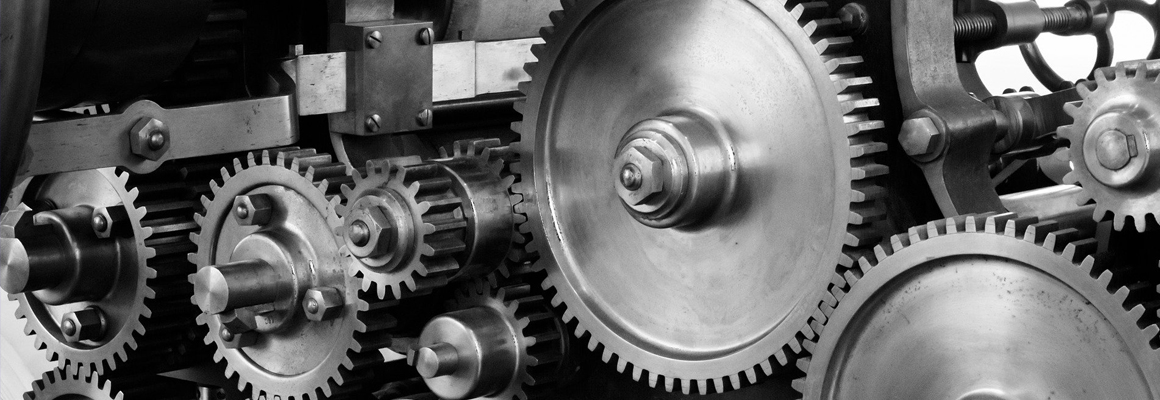How Can Automation Revolutionize XPS Board Production?
Automation is making significant strides in various industries, and the production of XPS (extruded polystyrene) boards is no exception. The traditional methods of producing XPS boards have often been time-consuming and labor-intensive, but automation brings remarkable efficiency to the process. By incorporating advanced technologies such as robotics, IoT (Internet of Things), and AI-driven systems, manufacturers can streamline their operations, reduce production costs, and enhance the quality of the final products.
One of the most critical aspects of automating XPS board production is the enhancement of precision. Automated systems can control every stage of the manufacturing process with incredible accuracy. This level of control facilitates the consistent production of high-quality boards, which is paramount in industries that rely on insulation materials for energy efficiency. Moreover, modern technology allows for real-time monitoring of production parameters, ensuring that any discrepancies can be promptly addressed, thus minimizing waste and defects.
Furthermore, automation enables manufacturers to adapt quickly to market demands. With manual production, transitioning between different product specifications can result in extended downtime; however, automated systems can be programmed to switch between various product lines swiftly. This flexibility not only meets customer needs more effectively but also leads to improved inventory management, as companies can better predict and manage output based on demand fluctuations.
The integration of advanced machinery into XPS board production processes also plays a vital role in enhancing operational safety. Automation reduces the amount of manual labor required, consequently lowering the risk of workplace accidents. Additionally, automated systems can undertake dangerous tasks, ensuring that human workers are kept safe while still achieving high productivity levels.
In terms of business scalability, automation in XPS board production can significantly boost the potential for growth. Companies already using automated solutions, such as those involving XPS board production line design, have reported faster ramp-up times for new product lines and reduced the lead time for customer orders, resulting in higher turnover rates.
The technological advancements have not only revolutionized XPS board production but have also paved the way for newer innovations. For instance, coupling automated production lines with energy-efficient practices can create a more sustainable manufacturing environment. Using XPS Extrusion Line technology, manufacturers can optimize resource usage, thereby decreasing the overall environmental impact of production.
Moreover, manufacturers are increasingly looking at comprehensive solutions that include complementary products, such as Calcium silicate board machinery, that streamline the production process. This holistic approach allows businesses to offer a wider range of products while maintaining high production quality and efficiency.
In conclusion, the automation of XPS board production is not just a trend; it is a necessary evolution within the industry. The benefits of increased precision, improved safety, enhanced scalability, and reduced environmental impact make automation a compelling investment for manufacturers looking to enhance their productivity and stay competitive in a rapidly-changing market. By embracing automation technologies, the future of XPS board production looks promising, with the potential for ongoing innovation and improved manufacturing processes.
354
0
0
All Comments (0)
If you are interested in sending in a Guest Blogger Submission,welcome to write for us!




Comments